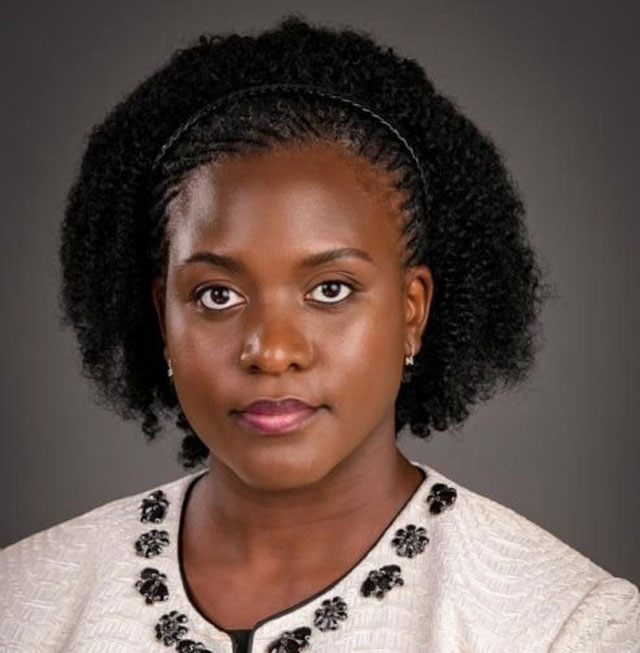
Kampala, Uganda | THE INDEPENDENT | Independent candidate Nancy Linda Kalembe aims to stop land grabbing, to improve Uganda’s economy.
According to Kalembe, due to land grabbing in Uganda, people cannot produce goods and contribute to the economy, have collateral to business or merge with others who have the human and financial capital to start up small firms in Uganda.
Kalembe, says through her missing 56, meaning the original tribes of Uganda as a country in 1962, her manifesto implores a structural transformation in the deployment of human resource in government where people will be deployed to work in areas where they are born and bred.
Dr Frank Nabwiso, a researcher says that protecting people on their land in Uganda is paramount and the constitution spells it out clearly. He says that the lack of land has bred unemployment, migrations from various areas which has led to congestion of urban areas in search of jobs.
Susan Kaitaki, a resident of Kyebando in Kampala says customary land owners are worried of their land being grabbed, yet developing and securing the land requires funds which are not readily available especially for a woman.
In her presidential campaign manifesto 2021 -2026 under the theme “leaving no one behind”, Kalembe, also talks about building a strong and vibrant economy.
She says the youths must be empowered to improve locally owned firms thorough the expansion of road network, water access, internet connectivity and electricity access.
Kalembe says that she wants to serve and change the peoples’ mind-sets to participate in the economy and also benefit from it with their abilities and skills.
Ernest Wasswa, a resident of Wakaligga in Kampala, one of Kalembe’s supporters blames the poverty in Uganda from the prohibitive environment that does not allow persons to easily access funds to do business, trade or invest.
Sarah Kyotya, a resident of Bweyogerere in Kira municipality says the challenge of unemployment especially among the youth and monetization of politics has led to people asking for hand-outs and money in the 2020 / 2021 elections.
According to the 2020 Uganda Bureau of Statistics (UBOS) poverty distribution report for Uganda, Karamoja, Busoga, West Nile and Acholi sub-regions are the poorest in Uganda with 60.2, 37.5, 34.9 and 33.4 percent respectively.
Ankole, North Buganda and Kigezi are the least poverty-stricken areas with 6.8, 11 and 12.2 percent respectively.
According to the International Monetary Fund, Uganda is among the poorest countries in the world projected to have a Gross Domestic Product (GDP) of $759 to $ 959 between 2020 and 2023.
********
URN
 The Independent Uganda: You get the Truth we Pay the Price
The Independent Uganda: You get the Truth we Pay the Price





